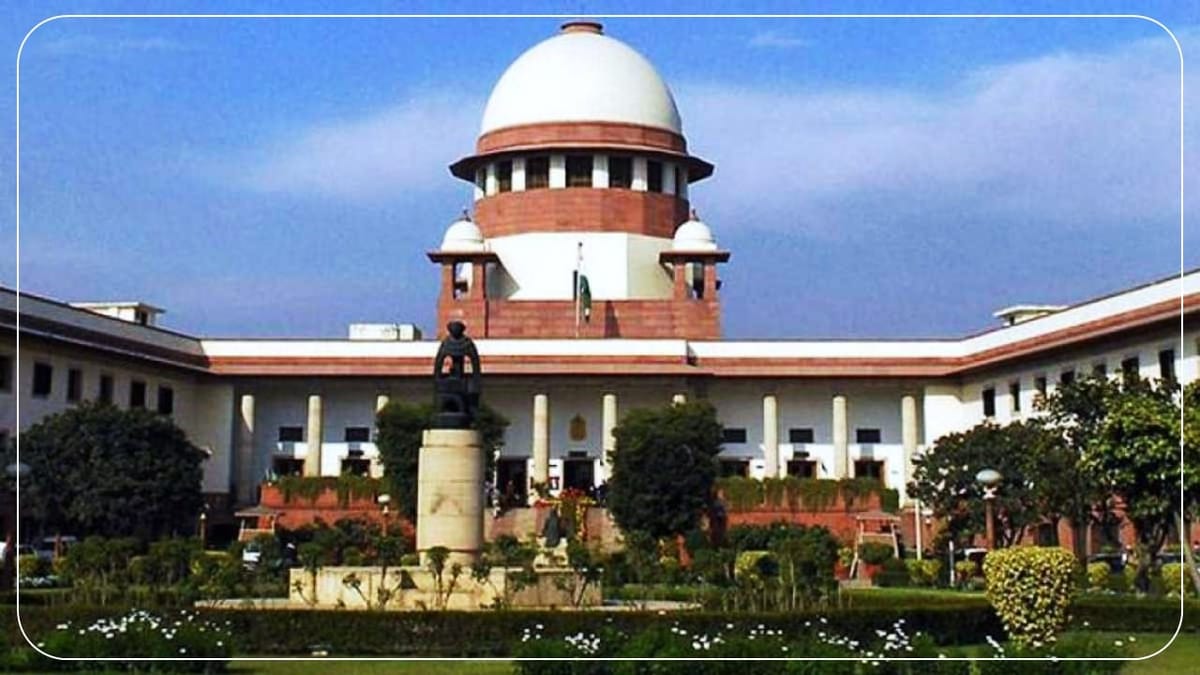Supreme Court issued a notice for two identical writ petitions filed under Article 32 of Indian Constitution, contesting constitutional validity of multiple provisions of CGST Act 2017, including Sections 69 and 70(1) .
Reetu | Aug 29, 2023 |

Centre issued notice by Apex Court in matter of Power of GST Officials to Arrest and Summon Individuals
The Supreme Court issued a notice on August 25th for two identical writ petitions filed under Article 32 of the Indian Constitution, contesting the constitutional validity of multiple provisions of the Central Goods and Services Tax Act, 2017 (CGST Act), including Sections 69 (i.e., power to arrest) and 70(1) (i.e., power to summon individuals to furnish proofs and produce documents). Any coercive process against the applicant has been halted by the court. Justices Sanjay Kishan Kaul and Sudhanshu Dhulia sat on the bench.
According to the petitions above, Sections 69 and 70 of the CGST Act are unconstitutional since they incorporate criminal provisions and could not be approved under Article 246A of the Constitution of India, 1950. The authority to assess and collect the Goods and Services Tax (GST) is neither ancillary or incidental to the ability to make arrests and pursue judicial actions.
To clarify, the petitioners stated that Entry 93 of List 1 of the Seventh Schedule of the Indian Constitution affords the Parliament the ability to make legislation only on situations in List 1, not CGST. As a result, Parliament lacks the jurisdiction to approve CGST Act Sections 69 and 70.
Furthermore, even though CGST officers have civil court and police jurisdiction while investigating crimes, the proceedings are still referred to as “inquiries,” and the person summoned is not a “accused.” Moreover, because the aforementioned authorities are not police officers, the summoned persons are not protected by Article 20(3) of the Indian Constitution, which substantially biases the petitioners.
The petitions also referenced instances that are now pending before the Supreme Court on the requirement for the CGST Act of 2017’s special law’s investigation of a crime to follow the norms set out in the Code of Criminal Procedure, 1973 (CrPC).
The office of Respondent No. 2 initiated an investigation into the charges of GST evasion and non-payment in the present petitions.

Based on these facts, the Petitioners filed the current petitions, suspecting force by the Respondents, and have requested that the proceedings against them under the CGST Act, in connection with an alleged non-cognizable offence, be quashed without following the legal process as set out in Chapter XII of the CrPC, specifically Sections 154 to 157 and Section 172 thereof.
In case of any Doubt regarding Membership you can mail us at contact@studycafe.in
Join Studycafe's WhatsApp Group or Telegram Channel for Latest Updates on Government Job, Sarkari Naukri, Private Jobs, Income Tax, GST, Companies Act, Judgements and CA, CS, ICWA, and MUCH MORE!"